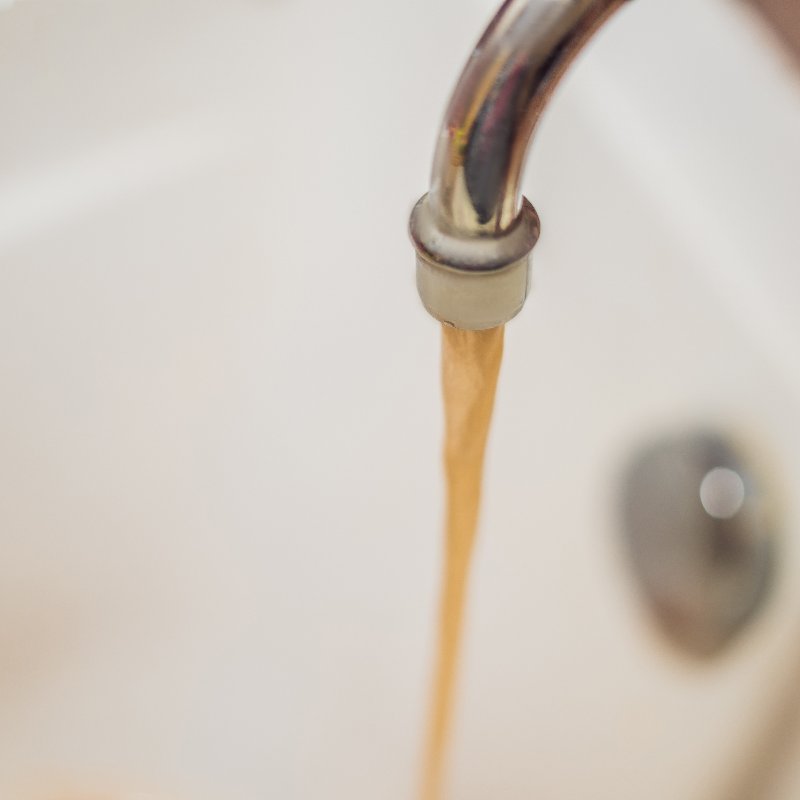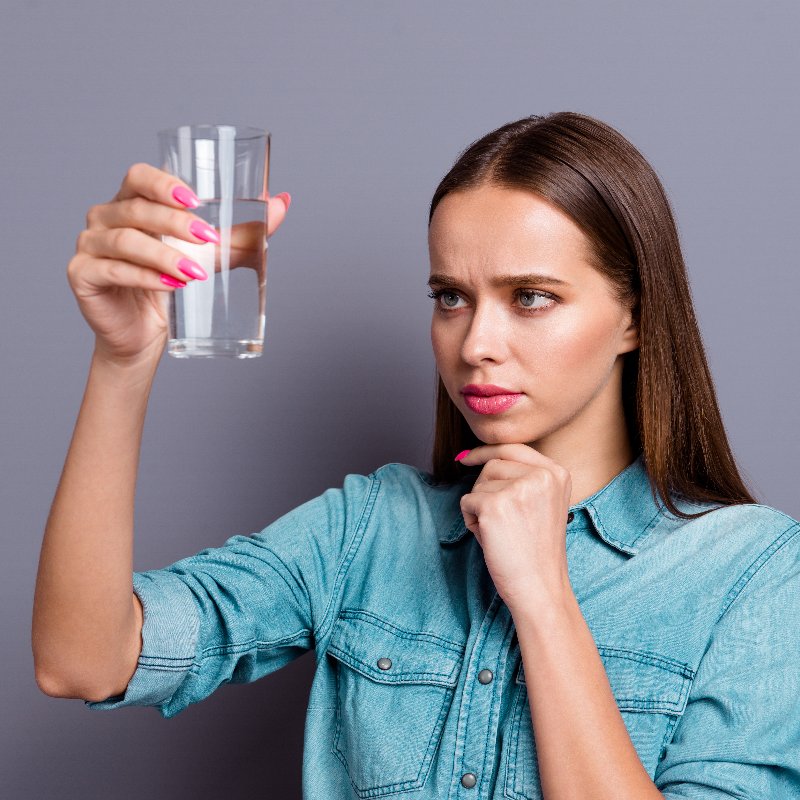
Water Quality Testing
Do you trust the water coming into your home from a local water source? Maybe you’re in the city with city water, or if you’re in a rural area with well water. In either case, do you trust the water to be healthy and safe for use? Does the water in your home go through any water quality testing that you trust?
With the questions, if you haven’t thought about it before, you’re probably wondering now why water quality testing is important. Water quality testing is important to anybody that the water industry can affect. Water quality testing is performed with the purpose of meeting all regulatory requirements with the goal of meeting all safety procedures for clean, healthy, pollutant-free water.
Water quality is essential to the public, economically, health-wise, and socially, therefore, water quality testing provides results that confirm the water meets the suitability guidelines in place before it is dispersed for human, livestock, or irrigation purposes.
When is water quality important?
Water quality is important anytime the water will be consumed or used by humans, animals, and for agriculture purposes. We need our water to be clean and healthy for bathing, cleaning, cooking, drinking, and laundry.
Animals should have access to clean, healthy water to give them a safer life, and for the animals that will feed humans, their consumption of safe water is important as part of the pyramid.
The same with agricultural use of water, the foods that are grown should be watered with clean, healthy water for the same reason – it will eventually end up on our table for human consumption.
To summarize the answer to this question, poor water quality poses a health risk for humans and the ecosystems. With water quality testing, there is a sense the water is safe for agricultural, animal, and human use.
What is considered good water quality?
Clean, healthy, high-quality water is colorless, odorless, and tasteless because there are not any impurities. Water quality testing checks and measures impurities in water which are referred to as TDS (Total Dissolved Solids). This is a measurement of the total ions in a solution of water and testing materials.
There is more to a simple claim that “this water is clean” or “this water is good” or “this water is not good”. Water quality testing is done by scientific measurements to define and determine water quality. There are several factors involved in measuring water quality including:
- The concentration of dissolved oxygen
- Bacteria levels
- Amount of salinity (salt)
- Turbidity (the amount of material suspended in the water
Additionally, there are some bodies of water where the are other measurements taken with water quality testing that includes:
- Microscopic algae concentration
- Quantities of pesticides
- Herbicides
- Heavy metals
- Other contaminants are used to determine water quality
How do you know if water is good quality?
Looking at it and tasting it isn’t a sufficient water quality testing process. Several county health departments offer water quality testing for bacteria or nitrates. Or you can contact a testing laboratory that has been certified by the state for water quality testing. There are also kits you can buy to do your own water quality testing.
There are several varieties of water quality testing kits, some use a powder, some use strips, and there are combinations of both. The deciding factor of which one to use will depend on what contaminant you are screening for and your water source.
For city furnished water quality testing can be done with a basic kit that covers chlorine, lead, and other common contaminants. If you are on well-water, you need to use a more comprehensive water quality testing kit that will also screen for fertilizer, pesticides, and other agricultural toxins.
What improves water quality?
To improve the water quality in your home, the following tips will ensure that the water coming from the treatment plant to your home will pass any water quality testing process:
- Flushing: Before you use the water for cooking or drinking, let the cold water run for 2 minutes. When water sits in the waterlines, the quality declines. If anyone has been bathing, washing dishes, using the toilet, or doing laundry, the 2-minute running isn’t necessary.
- Cold Water Use: Always use cold tap water for cooking and drinking. Contaminants in the water are dissolved in hot water from the water heater that could be consumed. This includes bacteria, metal, sediment, and other contaminants.
- Water Filters: Purchase a water filter and then replace the filter cartridge as recommended on the package. Using a cartridge past the recommended changing period is using leaving bacteria, metals, and other contaminants in the filter to rinse into the water that is being consumed.
- Household Plumbing: Any plumbing that has a potential lead source should be replaced with “lead-free” plumbing fixtures. Once you have replaced the plumbing, let the cold water run for 5-minutes every day for 3 days.
- Faucet Aerators: Clean or replace your faucet aerators on a regular basis. Metals and sediment collect there and get into the water you’re consuming.
- Water Heater: Drain your water heater once a year to remove any bacteria, metals, or sediment buildup.

Closing Commentary
There are many questions about how water quality impacts human health, like how water quality affects hair, can water quality cause acne, and can water quality cause a UTI? When there are unsafe levels of any contaminants in our drinking water, it can cause temporary and long-term health issues such as:
- Gastrointestinal illnesses
- Nervous system
- Reproductive effects
- Chronic diseases like cancer
As far as water quality affecting your hair, if you have hard water yes, it creates a film that prevents it from being moisturized. This leaves you with hair that is dry, dull, faded, and tangled. Your scalp can be affected by hard water as well, leaving you with an itchy scalp and dandruff. Installing a water softener system at the main entry point can eliminate this problem. If water quality testing shows a high amount of chlorine, you can expect an increase in acne issues. Chlorine and metals weaken the immune system and interfere with the natural basis of natural oil, creating acne issues and other skin problems. In households where UTIs are common among the family, should have water quality testing performed. The presence of E.coli in the drinking water has been related to urinary tract infections, but not been 100% proven.
